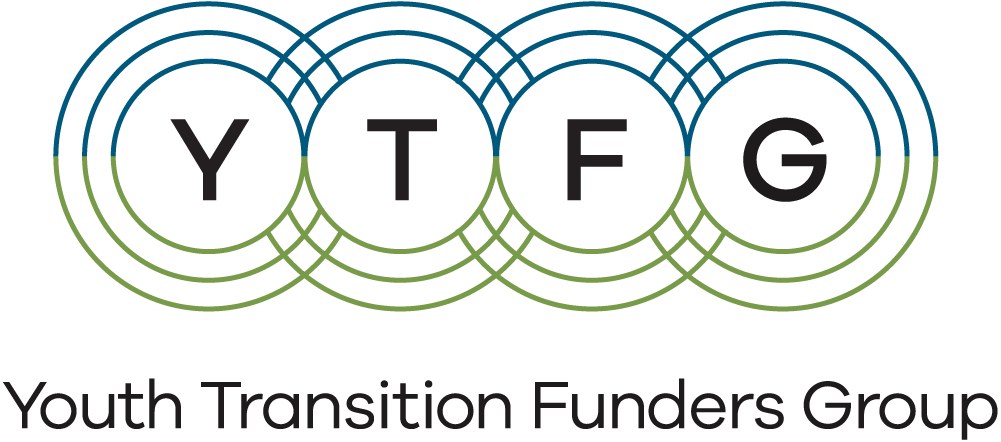OBBB: Economic Injustice and Heroes – How One Big Beautiful Bill Leaves Youth, Families, and Grassroots Workers Behind
By Elane Jones
The Reality on the Ground
Picture this: Jaden just turned 19 and aged out of foster care. For years, he followed every rule the system set for him school, services, check-ins. He trusted that if he did everything right, the system would have his back. But the day he turned 19, his benefits ended. No housing voucher. No healthcare extension. No safety net. Now he’s expected to survive in an economy where rent costs more than a paycheck and one mistake could mean homelessness.
Jaden’s story is not unique. Families who trusted systems to protect them are left fighting alone. Grassroots workers show up day after day, holding communities together with barebones resources and no safety net of their own. And yet these are the very people who get left behind.
We like to believe that a “One Big Beautiful Bill” (OBBB) can fix these things, but the truth is, it cannot. Not on its own.
Why OBBB Isn’t the Band-Aid We Think It Is
OBBB might sound bold, but behind the title is harm. It is not the fix it is advertised to be. In fact, it reshuffles resources in ways that leave the most vulnerable with even less.
By pulling funding away from nonprofits, public programs, and federal agencies, OBBB cuts off lifelines people already depend on. Medicaid requirements are shifting, meaning fewer people qualify. Immigrant families, even citizens, face harsher restrictions and, in some cases, deportation tied to benefits. Instead of building a stronger safety net, OBBB is tearing holes in the one we already had.
And here’s where the waste comes in: we spend millions on consultants, PR campaigns, and programs that look good in theory but collapse in practice. We pour money into pamphlets and task forces while the people those dollars were meant for are still going hungry, still unhoused, still unheard. That is the real economic fraud when the system pays itself first and leaves scraps for the people.
Economic Injustice and Heroes
We’ve glamorized the wrong kind of heroes. Batman was not a superhero. He was a vigilante stepping in because the system failed Gotham. He did what he had to do to protect people, even if it meant bending or breaking the rules. Superman was once the world’s greatest hope the symbol of someone who trusted systems to protect people. But even he turned against the world when the system he believed in kept failing those who needed it most.
That’s what happens when youth, families, and grassroots workers are abandoned. They’re forced into impossible roles. The real hero should not have to be the youth who survives aging out of care against all odds, or the family holding everything together with nothing, or the grassroots worker burning out. The hero should be a justice system that actually works. Because if the only way people can get change is by becoming vigilantes, then maybe the real villain is the system itself.
Where Philanthropy Steps In
This is also where philanthropy has a choice. Too often, philanthropy plays it safe funding programs that look neat on paper, are easy to measure, and are politically comfortable. But justice is not neat, and survival is not always measurable.
If philanthropy is serious about creating lasting change, it must stop treating grassroots leadership as an afterthought. Philanthropy can step in where OBBB falls short: by protecting nonprofits stripped of resources, funding community-driven solutions, and demanding accountability when policies create more harm than help. It can be the bridge when government retreats.
The Call to Action
At the end of the day, this is not about one bill. It is about whether we are willing to stop treating youth, families, and workers as expendable. Whether we will let injustice keep turning heroes into villains, or whether we will finally step in not as vigilantes, but as true allies who refuse to look away.
Because Jaden should not have to fight a broken system just to survive. Families should not have to beg for scraps. Grassroots workers should not have to burn out to keep others afloat. The time for bandaids is over. The time for justice is now.
